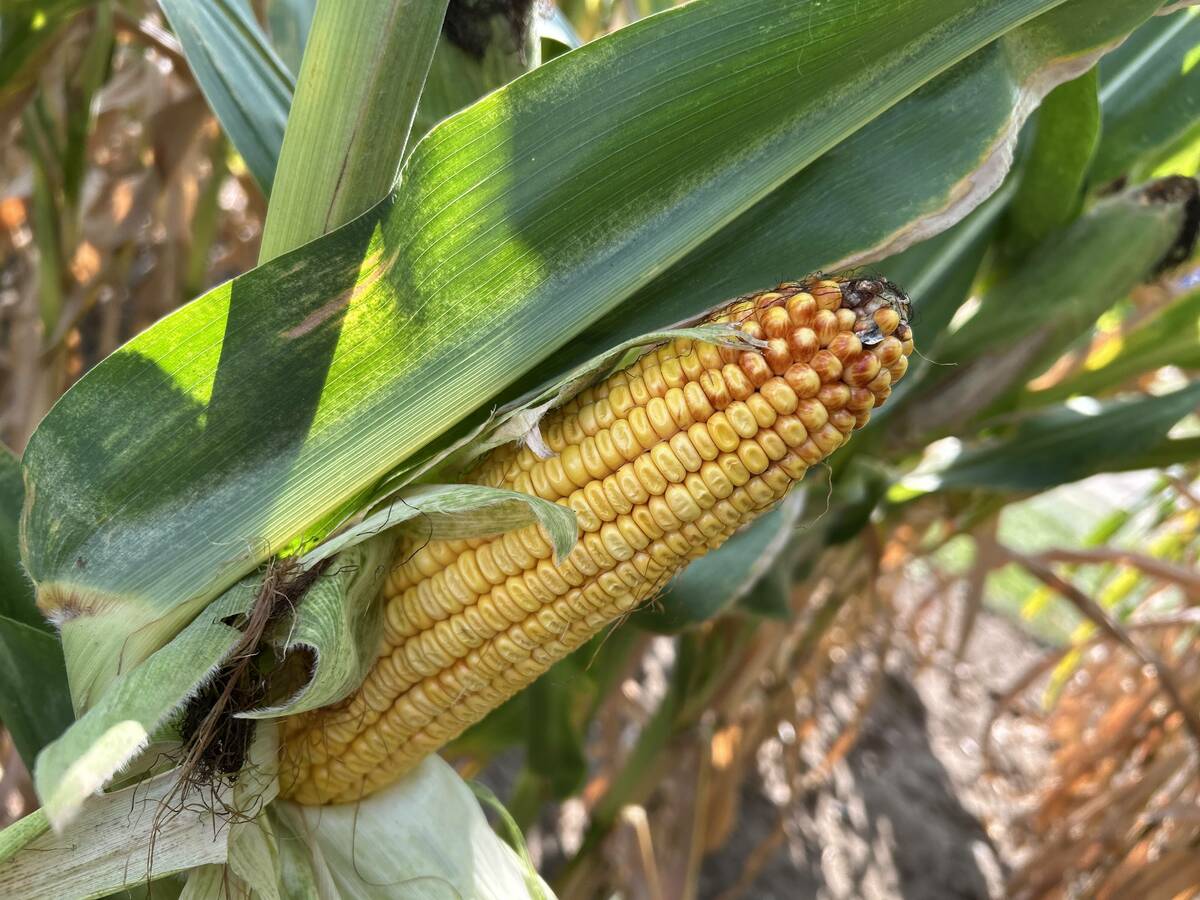Educates foreign buyers | The grain institute holds courses for international customers on how to use crops grown in Canada
Earl Geddes said something startling about the Canadian International Grains Institute at its recent 40th anniversary celebration.
“It’s just really a lot of fun to be at CIGI right now,” the institute’s executive director told a roomful of grain industry leaders, CIGI staff and retired CIGI leaders.
“It has … positioned CIGI in quite a changing environment to be able to look forward and say, ‘so, what could we become?’ ”
A “lot of fun” is not how many would describe the political polarization, hardball politics, lawsuits and ongoing commercial headaches consuming the prairie grain trade as it attempts to grapple with the revolution in wheat, durum and barley marketing brought on by ending the CWB’s monopolies. However, CIGI has been an odd island of calm and optimism throughout the process.
Read Also

Crop estimates show mixed results
Model-based estimates used by Statistics Canada showed the 2025/26 crop year has seen increases in canola, corn for grain, oats and lentils production while seeing dips in spring wheat, durum wheat, soybeans and barley in comparison to 2024/25.
It seems to be an organization that all aspects of the industry support, regardless of political perspective, commercial interest or organizational self-focus.
“The past 40 years have been a remarkable success,” said Elwin Hermanson, chief commissioner of the Canadian Grain Commission, one of the organization’s two founding partners.
“CIGI really has brought the world to 303 Main (the address of the CIGI building in downtown Winnipeg).”
CWB chief executive officer Ian White, a much-experienced Australian agricultural commodities trading executive, said CIGI has given Canada a marketing edge since 1972 that few have been able to match.
“When you think about the brand of Canadian wheat, … that has been enhanced massively by the contribution of CIGI to the marketing effort, and that has meant that customers around the world … revere the Canadian product almost above anything else in the world as a sort of superior gold standard,” White said.
CIGI was founded in 1972 after the CWB and CGC decided to set up an independent body to train prairie farmers, Canadian grain customers and foreign buyers how to best use the crops grown on the Canadian Prairies.
It originally offered courses that extended over weeks. Grain users from across the globe travelled to Winnipeg to see the nature of the Canadian grain industry and learn about the technical complexities of using particular types and qualities of Canadian crops.
The organization has run 4,700 programs and educated 36,000 people in the past 40 years, creating a casual alumni network that spreads across the Prairies and throughout the international grain business.
Suzy Miller, a senior Agriculture Canada manager and present CIGI board member, said 450 to 500 Agriculture Canada staff have taken CIGI courses over the years, which has been a big benefit to farmers and the grain industry.
“Trust me, you want them to take the course. The more they know about your industry, the better,” said Miller. “They can work for you.”
CIGI has broadened its research and promotion efforts over the years to other crops that have joined the prairie portfolio and now it carries out product testing and promotes pulse-based flours, noodles and baked products.
It also has a full Asian noodle producing and testing line that enables buyers from Asia to see how prairie grains fare in making those eastern staples.
It has sophisticated baking facilities that allow it to test hundreds of varieties and blends of grains.
The anniversary celebration brought together representatives from many grain industry and commodity organizations. Virtually all of Canada’s grain companies had a number of officials at the gala.
Four of the organization’s five executive managers since 1972 were in the room, missing only one who is no longer alive.
CGC commissioner and CIGI board chair Murdoch MacKay said the web of human relationships created by the CIGI courses is its greatest contribution to creating markets for Canadian crops.
“It’s been a great learning experience. It’s memories that you will have for the rest of your life and never forget,” said McKay.
“It’s people that you will meet and relationships that build and develop over time.”















